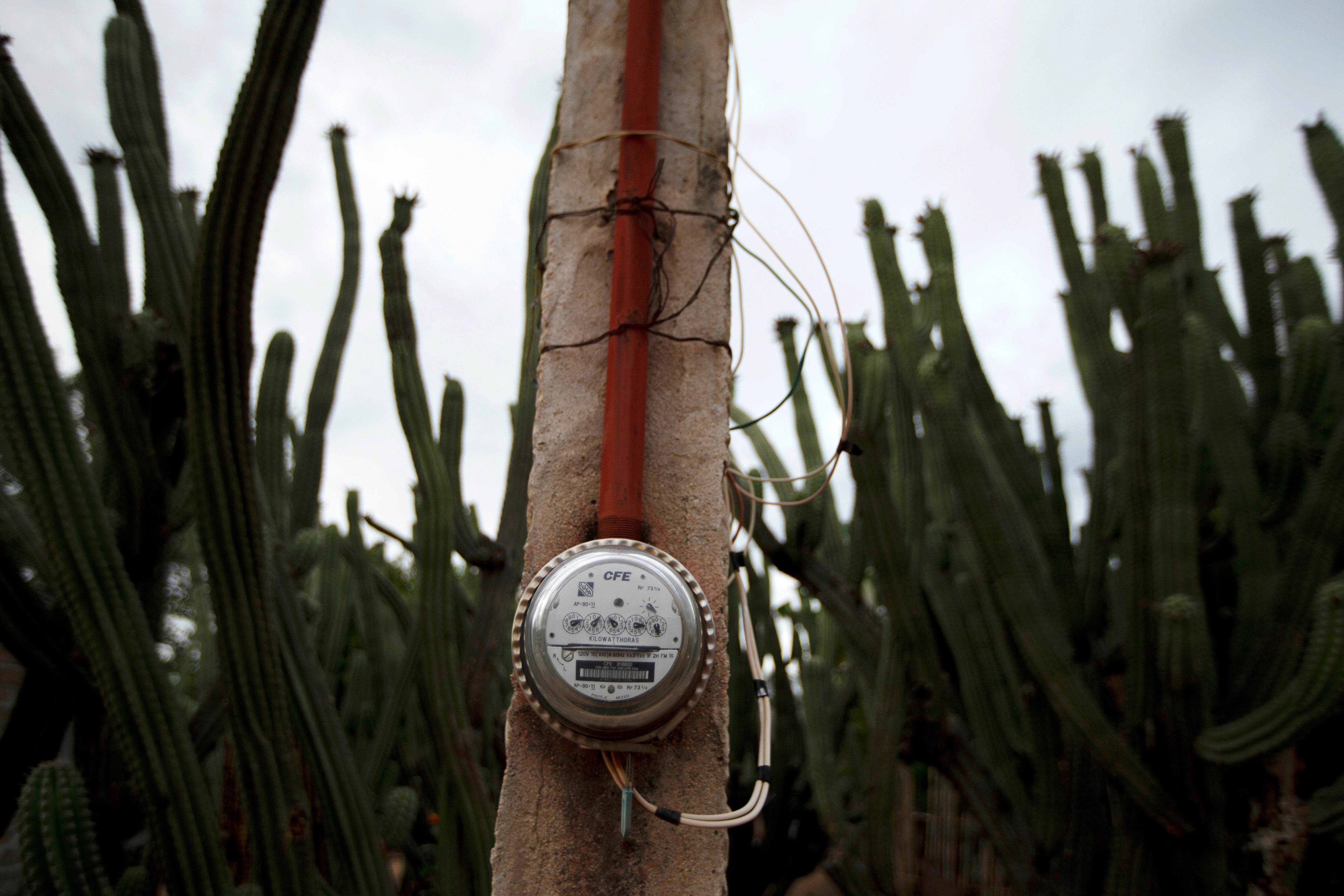Lawsuits expected over Mexican law on power generation
The International Chamber of Commerce's Mexico chapter says it expects a flurry of lawsuits, legal appeals and international investor-dispute arbitration panels, after Mexico enacted a law favoring government-owned power generation over cleaner private electrical plants

Your support helps us to tell the story
From reproductive rights to climate change to Big Tech, The Independent is on the ground when the story is developing. Whether it's investigating the financials of Elon Musk's pro-Trump PAC or producing our latest documentary, 'The A Word', which shines a light on the American women fighting for reproductive rights, we know how important it is to parse out the facts from the messaging.
At such a critical moment in US history, we need reporters on the ground. Your donation allows us to keep sending journalists to speak to both sides of the story.
The Independent is trusted by Americans across the entire political spectrum. And unlike many other quality news outlets, we choose not to lock Americans out of our reporting and analysis with paywalls. We believe quality journalism should be available to everyone, paid for by those who can afford it.
Your support makes all the difference.The International Chamber of Commerce’s Mexico chapter said Wednesday it expects a wave of lawsuits, legal appeals and international investor-dispute arbitration panels, after Mexico enacted a law favoring government-owned power generation over cleaner private electrical plants.
Many wind, solar and gas-fired power stations were built in Mexico by foreign companies, but President Andrés Manuel López Obrador plans to give priority to state-owned coal, oil and diesel plants.
The chamber said Wednesday the provisions of the new law violate Mexico’s constitution, which guarantees the right to competition and a healthy environment, and appears to violate investment protection and trade agreements.
Claus Von Wobeser, the president of ICC Mexico, said affected companies will start filing injunctions and appeals against the law, enacted Tuesday, by the end of the month.
“It appears there will be a wave of constitutional injunctions,” Von Wobesen said. “All of the affected companies are going to file appeals.”
The new law says electricity must first be bought from government-owned generating plants that largely run on fossil fuels; if any demand is let off, power will be purchased from renewable and private natural gas-fired plants.
The bill has already drawn complaints from private business groups and U.S. investors, and analysts warn the measure could violate the U.S.-Mexico-Canada free trade pact, the USMCA which places strict limits on how a government can favor its own firms over outsiders.
López Obrador wants to defend state-owned firms and argues that Mexico should become energy self-sufficient, a conviction he says was strengthened after winter storms in Texas temporarily cut off supplies of imported natural gas early this year.
The U.S. Chamber of Commerce said in February the law “would directly contravene Mexico’s commitments” under the trade agreement.
Neil Herrington, the chamber’s Senior Vice President of the Americas said in a statement that the bill could re-instate a government monopoly, adding “these changes would significantly raise the cost of electricity and limit access to clean energy for Mexico’s citizens.”
“Unfortunately, this move is the latest in a pattern of troubling decisions taken by the Government of Mexico that have undermined the confidence of foreign investors in the country,” Herrington wrote.
The private and renewable energy plants were encouraged by López Obrador’s predecessors in order to reduce carbon emissions.
With electricity use down during the pandemic, Mexico’s state-owned power company, the Federal Electricity Commission, faces declining revenue and increasing stocks of fuel oil it has to burn in power plants; the dirty fuel has lost customers worldwide. It has also come under pressure to buy coal from domestic mines.